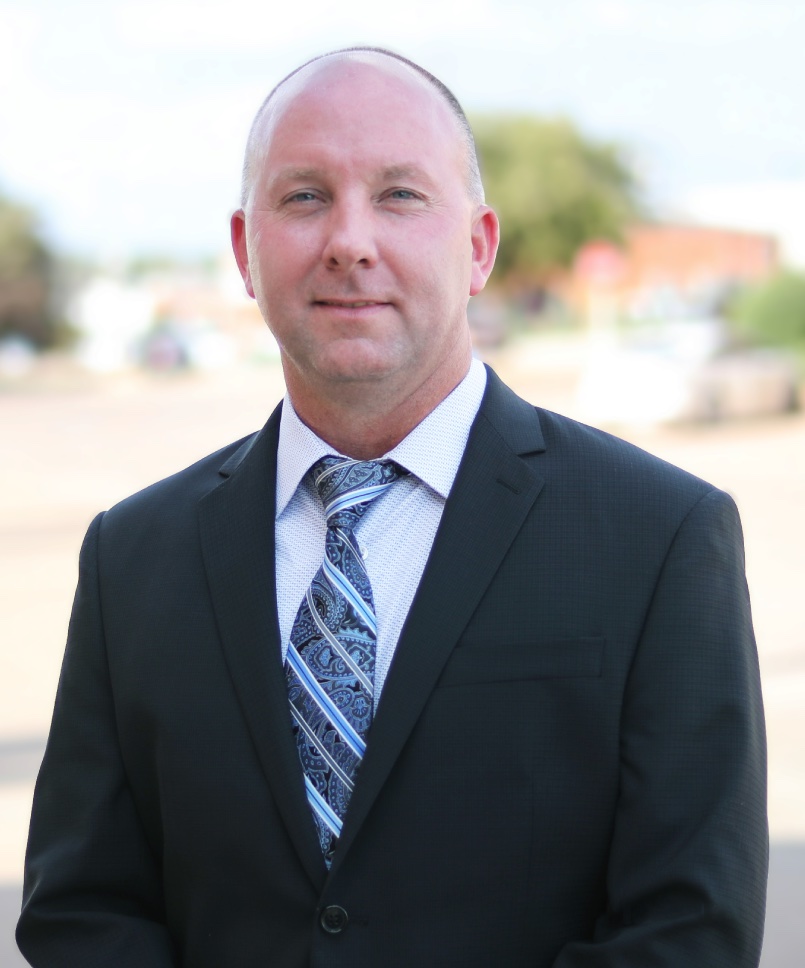
KINGFISHER – In a business decision based on financial and technological considerations, Pioneer Telephone Cooperative has chosen to discontinue its cellular telephone service by this summer and to concentrate on broadband.
“We are laser focused on getting fiber to communities we serve in western Oklahoma, and to expand outside that area when opportunities arise,” Pioneer General Manager Blake Callaham told Radio Oklahoma Network.
Pioneer Cellular is collaborating with Verizon “to ensure that our customers maintain their connectivity,” he said. “We are working hard to define the specifics and ask for your patience as we work through the details.” Affected customers will receive a letter that provides “more information about transferring services and exclusive promos with Verizon,” Callaham said.
“We will work tirelessly to ensure that your transition will be simple and seamless,” he pledged.
On its website, Pioneer said it thinks most customers’ mobile numbers “will be portable to Verizon and potentially other carriers.”
Pioneer also is evaluating “the impact on our employees as we transition our business.”
The proverbial “bottom line” is that cellular is “extremely competitive, which makes it difficult for small companies to be profitable,” Callaham said.
The decision to discontinue cellular operations affects only Pioneer’s wireless business, he emphasized. “There will be no impact to our broadband, telephone or iVideo customers,” he vowed.
“It will allow us to focus on our core business going forward of providing broadband service in our cooperative.”
Pioneer is investing in fiber because “it is the future,” Callaham said “Fiber is a foundation – a very solid foundation for our future.”
Technology changes and evolves, he noted. When Pioneer was established 70 years ago, in 1953, it was affiliated with Cimarron Electric Cooperative, he said.
Then Pioneer became a telephone company. “Later we had a huge paging operation, and then moved into cellular. Now our focus is moving to broadband and internet. We have to innovate as technology changes.”
Pioneer “has been one of the most aggressive fiber builds since probably the early 2000s, but really ramped it up since about 2016,” Callaham said. Approximately 70% of Pioneer’s customers currently have fiber service, he said. “Our five-year plan is focused on serving 100% of our members,” the Frederick native said.
“We believe our path today is through fiber internet,” Callaham said. “That is where we are headed.”
Pioneer is one of the largest telecom cooperatives in the U.S. It serves thousands of accounts in communities encompassing 45 counties in western and southern Oklahoma, as well as eight counties in southern Kansas. Western Oklahoma towns served by Pioneer include Frederick, Tipton, Manitou, Davidson, Grandfield, Chattanooga, Temple, Loco, Comanche, Apache, Hollis and Gould.
In many parts of rural Oklahoma, there would be no internet connectivity if it weren’t for cooperatives such as Pioneer Telephone taking the initiative to serve “those places that are harder to reach,” he said.
“As a cooperative, we take great pride in connecting those members and those customers to what matters most,” Callaham said. “After all, rural America deserves exactly what urban America can receive.”
Helping rural Americans secure high-speed access to the internet is vital, as virtual learning, remote working, and even virtual doctors and health checkups have become more common, Callaham noted.
Pioneer is establishing a new Innovation Development and Transformation Department. As technology changes, he said, this department will focus on evolution. “This new department will be tasked to develop four new products, features or services per year.”
The goal of Pioneer Telephone Cooperative is to continually innovate as technology changes, Callaham said. “The technology of today is broadband and internet. What will it be in 10 years?”
KC Sheperd contributed to this report.

